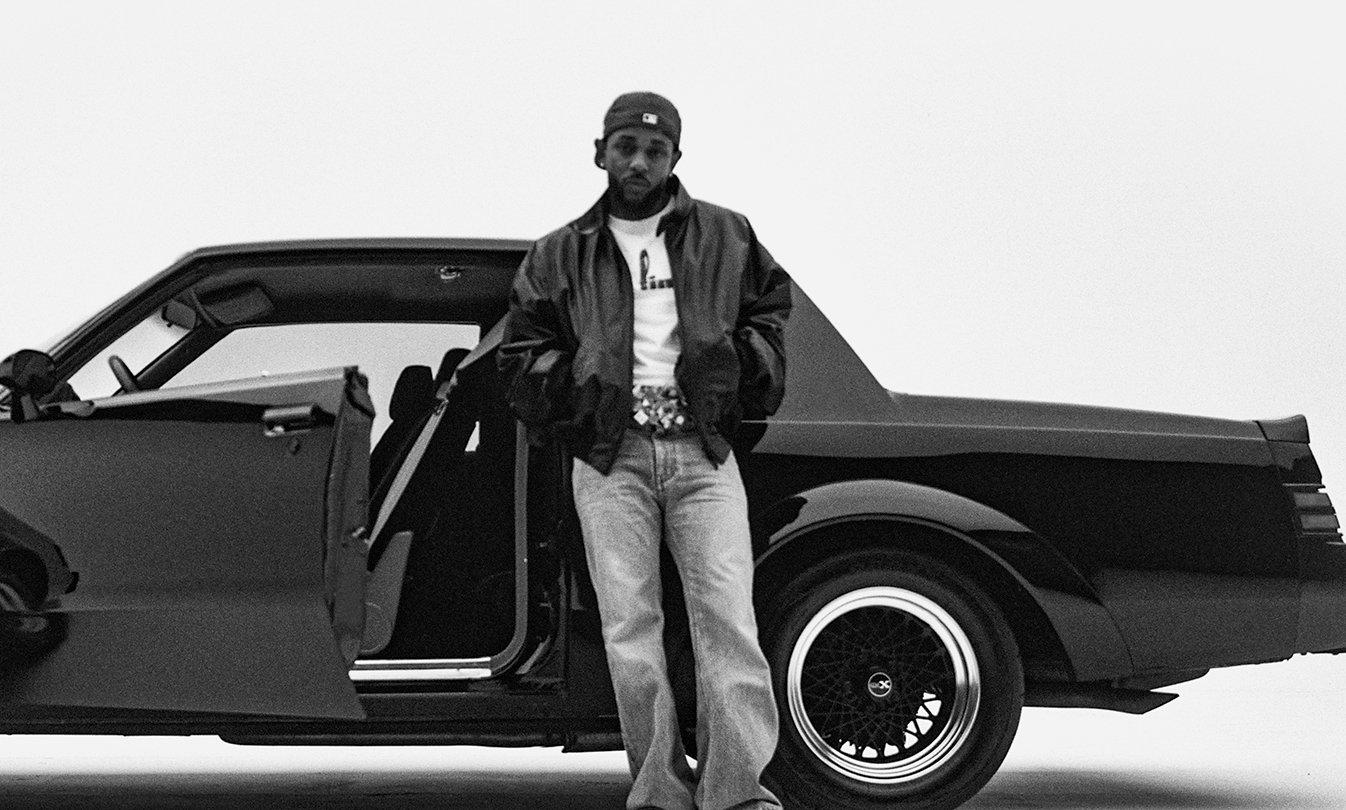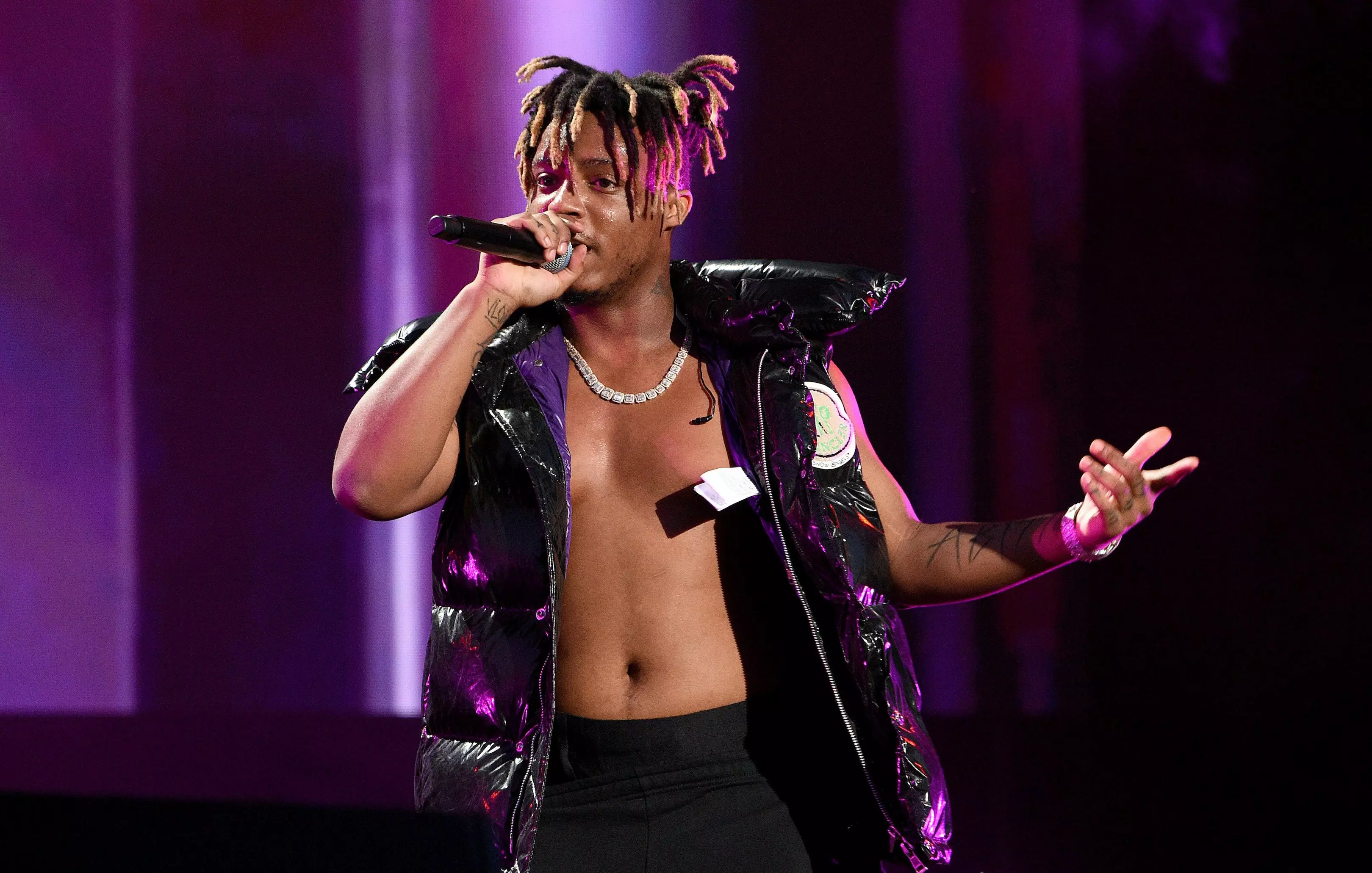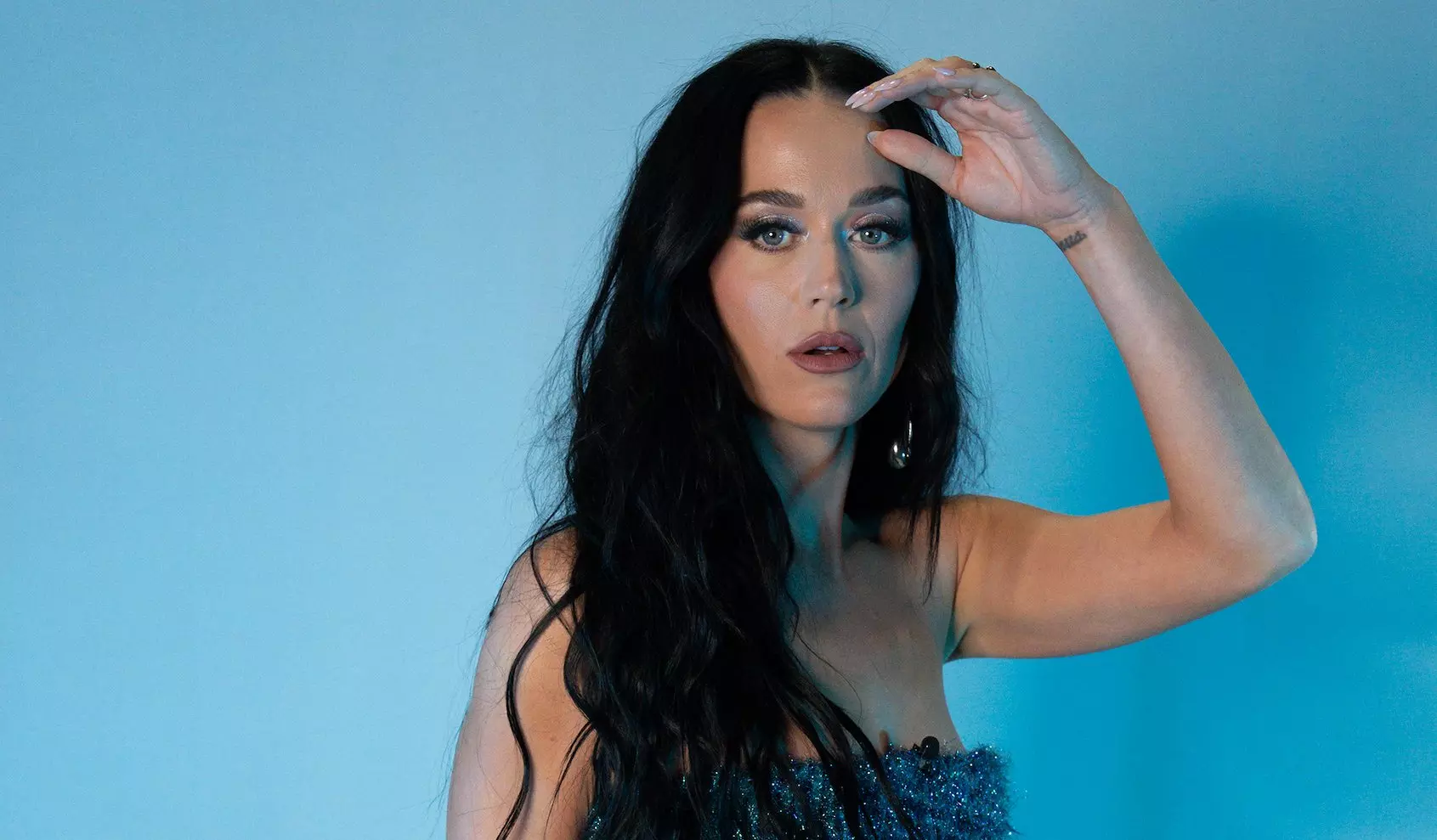Few individuals get the opportunity to truly define the sound of a moment the way that producers do. The recent passing of Quincy Jones acts as a reminder: Even though they may not always be onstage or have their name in flashing lights on the marquee, producers’ ability to imprint their unique vision and style across genres, styles, and voices and build a map of what the year sounds like.
This year's nominees for Producer of the Year, Non-Classical have undoubtedly reached that achievement, delivering beauty and joy across the musical spectrum. There are some names that should be very familiar to GRAMMY viewers. Dernst "D’Mile" Emile II returns to the category for the third year in a row, hoping to build from his Best R&B Album win at the 66th GRAMMY Awards for his work on Victoria Monet's JAGUAR II. Nominated for the second year in a row, Daniel Nigro hopes to take home the golden gramophone for shaping glorious pop indulgence.
Fans of rap have long known the work of Mustard, but now it would seem that so would anyone who’s walked past a radio. Ian Fitchuk’s resume stretches from country gold to woozy pop delight, and Alissia put a stamp on a lush, disco-tinged brand of R&B.
Check out the nominees below and read the full 2025 GRAMMYs nominations list ahead of Music's Biggest Night on Sunday, Feb. 2, 2025.
Alissia
After obsessing over Motown, Parliament Funkadelic, Prince and James Brown as a young person, Alissia took up the bass and started to commit herself fully to a life in music. "I was a big funk-head, ‘70s funk," she told Sweetwater. "I was kind of like a sponge…I was a big nerd and wanted to learn how to arrange for a big band and orchestra."
Translating that love into actual work with none other than Bootsy Collins, then, must have elevated Alissia into some level of funk heaven. Since then, Alissia has continued to evolve her grooves and style, working with artists ranging from Anderson .Paak and Bruno Mars, to Nile Rodgers and Mary J. Blige. In 2024, that interstellar journey culminated in an impressive swathe of releases in soul, R&B, and funk.
Take, for example, the sublime "Is It Worth It", a slippery groove that elevates Rae Khalil’s smoke-laced voice to obscene extremes. Or "Love Takeover" from R&B duo Lion Babe, a track that could single-handedly transport an entire dancefloor back to the heights of the disco era while retaining a modernist bass flow.
The Swiss-born, New York-based producer’s soulful niche has also found a match in a pair of Chicago artists. Alissia produced the opening track to Jamila Woods’ Water Made Us, and "Bugs" gives a nostalgic and sensuous tone to the poet/vocalist’s lilting voice. Alissia’s hard-thumping rhythms also lift up BJ the Chicago Kid, giving a new energy to his regal voice.
Whether DJing, playing bass, or working behind the board, Alissia finds a lithe, effortless cool that’s downright infectious. "To me, what makes a great record is when you did it from your heart. You really felt it, it wasn't forced or anything, it was genuine, you made it with love," she told GRAMMY.com. "Music is feelings. There's no competition. eVerybody has something different to bring to the table."
Watch: Behind The Board: Alissia On Working With Bootsy Collins, Learning From Anderson .Paak & What Makes A Great Record
Dernst "D’Mile" Emile II
With Jack Antonoff out of the running after three wins in a row in this category, Dernst Emile II, a.k.a. R&B/hip-hop producer D’Mile, hopes that he can take his turn at the top. And thanks to some incredible work with a coterie of smooth eccentrics, this could well be his time.
Over the past few years, D’mile has helped usher a lux, live brand of vintage R&B to the fore, resulting in his becoming the first person to net back-to-back Song Of The Year awards for H.E.R.'s "I Can't Breathe" and Silk Sonic's "Leave the Door Open," not to mention recognition for his work with the likes of Victoria Monet and Mary J. Blige.
D’mile’s soulful penchant for fusion brought the best out of a wide variety of artists. From bringing a reeling jig to Koe Wetzel’s "Bar Song" to putting a sepia glow on Lady Gaga and Bruno Mars’ duet "Die With a Smile," this year found D’mile pushing his already expansive boundaries. At the same time, he knew exactly how to pull the best out of styles that hit closer to home, like the Prince-adjacent funk of Usher’s "I Love U" and the swanky throwback "That’s You" from Lucky Daye (an artist with whom D’mile has already had success, gaining gold for his work on 2022’s Best Progressive R&B Album, Table for Two.
There’s something so natural about a D’mile track — and that seems to be by design. "It’s like when you cook, you got to make the right concoction and make sure the love is in it," he told Vibe. "Can you explain what you just did? No. You just threw stuff in the pot."
The Brooklynite has already notched six GRAMMY wins and an Academy Award, and that’s nothing to sneeze at. But on his third run at Producer Of The Year, Non-Classical, D'Mile is surely ready to finally take the award home. And if this pace continues, there’s no reason to doubt that he could go on his own three-year streak.
Read more: 5 Essential D'Mile Productions: Silk Sonic, Victoria Monét, & Others
Ian Fitchuk
When Kacey Musgraves took home the GRAMMY Award for Best Country Album in 2019 for Golden Hour, she made sure to bring Ian Fitchuk onto the stage and to give him a shoutout. The Chicago-born, Nashville-based musician co-produced the record and played a variety of instruments across its 13 tracks — helping Musgraves unlock the truest expression of her version of country music to date.
This year, Fitchuk nabbed a nomination for Producer Of The Year, Non-Classical in part for his work on Musgraves’ latest, the dazzling Deeper Well. Speaking of helping shape unique perspectives on country, Fitchuk’s year also featured a spot on the writing and production team for "Amen" on Beyoncé’s Cowboy Carter. "I had the crazy idea of, ‘What if we got Beyoncé on a song [with Kacey Musgraves]?" he recalled in an interview with Vulture. While that track may never be finished, the process led to Fitchuk getting a call when Queen B was prepping her country record.
Another high-profile hit in Fitchuk's catalog comes via co-write on the ecstatic "Silk Chiffon," the queer anthem from MUNA featuring Phoebe Bridgers, as well as producing the multimillion-streamed "Until I Found You" by Stephen Sanchez. This year’s Pr nomination is powered in part by Fitchuk’s role as producer for the album that spawned that latter hit, a debut that radiates vintage AM glow. Fitchuk's big year also featured work with the likes of Maggie Rogers, Still Woozy, and Role Model, not to mention working with Musgraves and Leon Bridges on their contributions to an album of music inspired by the film Bob Marley: One Love.
That diverse list of artists belies Fitchuk’s greatest strength: a willingness to experiment with country tropes while respecting the genre’s history. "I think ‘What is country music?’ is an exhausting question," he told Vulture. "I’m down to be making all different kinds of versions of whatever anybody thinks country music is. Because I didn’t grow up with it, by me fucking with it in any way, it’s going to be its own thing."
Watch: Kacey Musgraves Wins Best Country Album For 'Golden Hour' | 2019 GRAMMYs
Mustard
When an artist decides to play one of the tracks that you produced not once, not twice, not three times, heck not even four times, but five times in a row at a prominent concert, you know you’ve done something right. R&B hitmaker Mustard has plenty of absolute smash hits in his catalog, but perhaps nothing in that long line matches Kendrick Lamar’s "Not Like Us" in terms of inescapability and being in the absolute epicenter of not just the rap world but the entire pop culture conversation.
A relatively mellow character when it comes to long-tenured hitmakers, Mustard seems to be reveling in the moment. "I never look for validation from anybody in the music industry. But do I feel accomplished? Yeah," he told XXL. "I feel really good about what this did. And I do feel like it should make people respect who I am."
Mustard’s been at the top of the game for more than a decade, as far back as "Rack City" in 2011, the "Mustard on the beat" tag one of those constants on rap radio and favorites of deep cut fans alike. As a producer, he’s hit the charts with everyone from Big Sean, Rihanna and 2 Chainz, to Fergie, Young Jeezy and Tinashe. But Mustard’s got hits of his own as well, like the Roddy Rich-featuring "High Fashion" and "Ballin'", as well as "Pure Water" with Migos.
This year, his nomination of course comes in part thanks to "Not Like Us," but also to his razor-sharp solo record, Faith of a Mustard Seed. The album features Mustard's trademark beats, but stretches out in its click-snap percussion, well-deep bass, twitchy samples, and lux synths. Album highlight "Parking Lot" deserves extra attention, Travis Scott’s rippling AutoTune floating over the top of a glittering hi-hat and particularly rubbery bass line.
"I've been behind the boards and the beats so long that nobody's ever heard my side of things," Mustard recently told REAL 92.3 radio in Los Angeles. "I owe it to my fans to let you guys know where I've been the last five years, what's been going on in my life." And as bigger and bigger things keep happening, one has to assume that the production will just keep getting bigger as well.
Watch: Where Do You Keep Your GRAMMY? | Mustard
Daniel Nigro
Some of the fans in their native Long Island, New York may have looked at Tall As Lions and seen GRAMMYs in their future. And while their work never reached that height, those fans wouldn’t be wrong, as frontman Daniel Nigro has racked up eight nominations, including a win for Best Pop Vocal Album for his work on Olivia Rodrigo's Sour.
In 2023, Guts proved a worthy successor to that record — and tracks from the deluxe Spilled edition helped power Nigro to his second straight nomination for Producer Of The Year, Non-Classical. The teen pop star is a powerhouse in her own right, but Nigro’s production has helped Rodrigo evolve and find new ways to share her emotionally salient, raw lyrics.
"To me, there's so much nuance in between what makes a song good — like if it's one little part that makes it special and nurturing that to make it bigger," Nigro told GRAMMY.com earlier this year. "I think that's what I bring to the table; helping these artists see their vision and seeing if we as a group find something special in a song."
Though of course one of the biggest stories of the year is Chappell Roan, the esoteric dark pop genius behind The Rise and Fall of a Midwest Princess — and that record on its own could position Nigro in good standing for a big GRAMMY win. Much akin to Rodrigo’s gold-gathering albums, that record thrives on open-hearted lyrics and massive hooks, with Nigro aiding the live energy.
While for some, the "Pink Pony Club" auteur came out of nowhere, Nigro has been a long-time Roan supporter and collaborator, the two having worked together for more than half a decade. In fact, when Roan was dropped from Atlantic Records, Nigro decided he'd sign her to his own label so that her creative vision could come fully to fruition. "[I feel a] deep sense of fulfillment," he told Fast Company. "I wanted nothing more than for people to listen to Chappell. I’ve been shouting it from a mountain for years — ‘Please listen to this, I promise!’"
Read more: The Genius Of Dan Nigro: The Producer Of The Year Nominee On Olivia Rodrigo's 'GUTS' & Why His Success "Doesn't Feel Real"
The Latest Pop Music News & Releases















